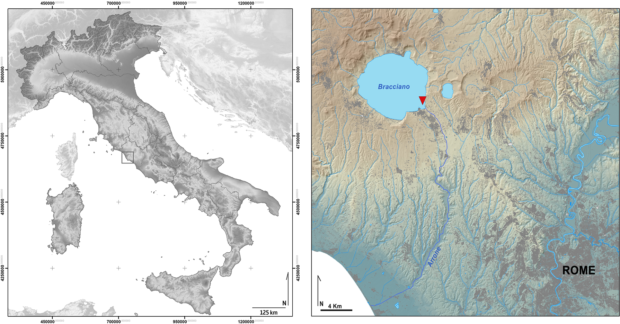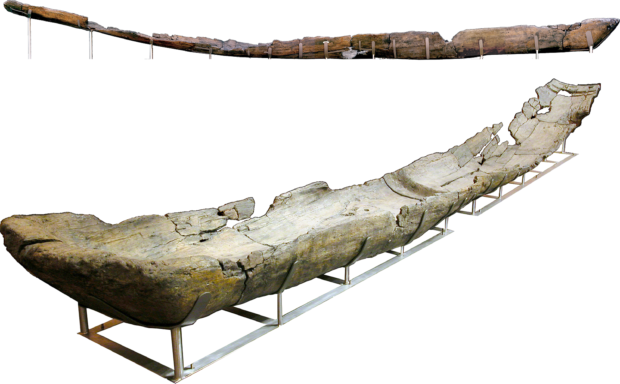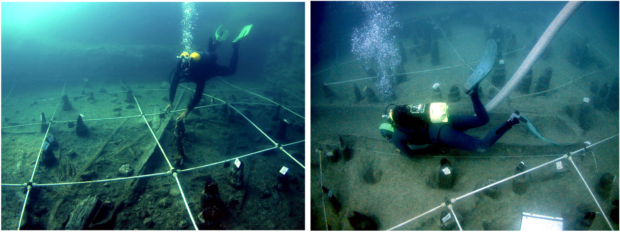A study published Wednesday suggested that ancient humans were traversing the Mediterranean with a higher level of sophistication than previously thought, rewriting our understanding of migration some 7,000 years ago.
The data used in the study came from a series of Neolithic canoes found beneath the waters of a lake near the village of La Marmotta, Italy. Canoe played a key role in the expansion of ancient European empires over the course of just a few millennia.
Such empires include the Phoenicians, Greeks, Romans and Carthaginians, who likely used the Mediterranean to transport goods, explore, and expand humanity’s footprint throughout the region. “Obviously, those groups did not set sail without knowing what lay beyond the horizon they saw from their shores,” the authors wrote. “Their knowledge about the maritime routes began to be acquired by Mesolithic groups, and possibly before, and was transmitted and perfected from generation to generation.”

https://journals.plos.org/plosone/article?id=10.1371/journal.pone.0299765

https://journals.plos.org/plosone/article?id=10.1371/journal.pone.0299765

https://journals.plos.org/plosone/article?id=10.1371/journal.pone.0299765
The boats in this particular study were made from hollowed-out trees, date to around 5,700 B.C. to 5,100 B.C. and were made from different types of trees. The canoes also showed more advanced types of construction, such as the use of transverse reinforcements.
Such design and development would have required a detailed understanding of structural design and specialized labor, the Jerusalem Post noted. (RELATED: Archaeologists Attempt To Find Underwater Civilizations With Magnetic Fields)
There may be more boats under the waters near La Marmotta, so further research is needed to determine how extensive our ancient ancestors’ knowledge of the oceans really was.
Previous research suggests that our ancestors were traversing the world’s seas more than 12,000 years ago. However, Big Archaeology has yet to acknowledge the growing evidence that keeps pushing back the timeline on the human story.


